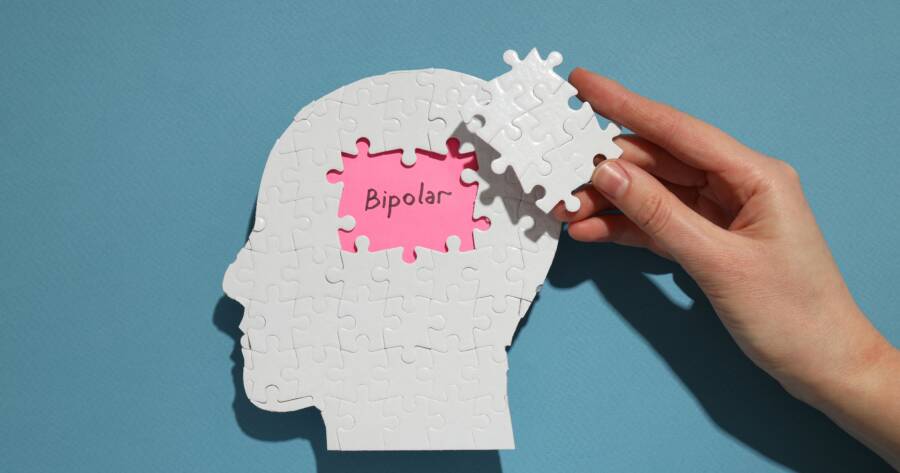Bipolar disorder, a complex emotional labyrinth. Knowledge, coping strategies, and effective treatments are keys to a better life.
Understanding Emotions: The Bipolar Spectrum
Bipolar disorder is a mental health condition characterized by extreme shifts in mood, energy, and activity levels. It is a spectrum disorder, meaning that individuals can experience a range of symptoms and severity. Understanding the different emotions and mood states associated with bipolar disorder is crucial in managing the condition.1
For example, someone with bipolar disorder may experience periods of intense euphoria and high energy, known as manic episodes. During these episodes, they may engage in impulsive behaviors, have racing thoughts, and experience a decreased need for sleep. On the other end of the spectrum, they may also experience depressive episodes, characterized by feelings of sadness, hopelessness, and a loss of interest in activities they once enjoyed.
By learning more about the bipolar spectrum, individuals can gain a better understanding of their own emotions and recognize when they may be entering a manic or depressive episode. This knowledge can empower them to seek appropriate support and make informed decisions about their mental health.
Coping Strategies: Turning Challenges into Strengths
Living with bipolar disorder can present unique challenges, but with the right coping strategies, individuals can turn these challenges into strengths. One effective coping strategy is developing a routine and sticking to it. Establishing a consistent sleep schedule, eating nutritious meals, and engaging in regular exercise can help stabilize mood and reduce the risk of triggering episodes.
Another valuable coping strategy is building a support network. Connecting with others who have experienced similar challenges can provide a sense of understanding and validation. Support groups, both in-person and online, offer a safe space to share experiences, learn from others, and gain valuable insights into managing bipolar disorder.
Therapy is also a crucial component of coping with bipolar disorder. Cognitive-behavioral therapy (CBT) and dialectical behavior therapy (DBT) are two evidence-based approaches that can help individuals develop healthy coping mechanisms, manage stress, and regulate their emotions. These therapies provide individuals with the tools they need to navigate the ups and downs of bipolar disorder and lead fulfilling lives.
Effective Treatments: Improving Life Quality
Early diagnosis and access to effective treatments are essential in improving the quality of life for individuals with bipolar disorder. Medications, such as mood stabilizers and antipsychotics, can help manage symptoms and prevent episodes. It is important for individuals to work closely with a healthcare professional to find the right medication and dosage that works for them.2
In addition to medication, therapy plays a vital role in the treatment of bipolar disorder. Alongside CBT and DBT, other therapeutic approaches, such as psychoeducation and family therapy, can provide individuals and their loved ones with a better understanding of the condition and how to support each other.
Furthermore, lifestyle changes, such as stress management techniques, regular exercise, and a healthy diet, can complement medical and therapeutic interventions. These holistic approaches can contribute to overall well-being and help individuals maintain stability in their lives.
Why You Should Learn More About Bipolar Disorder
Learning more about bipolar disorder is crucial for individuals who may be experiencing symptoms or have a loved one with the condition. By understanding the emotions associated with bipolar disorder, individuals can better navigate their own mental health journey. Empowering oneself with knowledge and coping strategies can lead to improved self-management and overall well-being.
Access to effective treatments and support networks is essential in managing bipolar disorder. Early diagnosis and intervention can significantly improve the quality of life for individuals with the condition. By seeking help and staying informed, individuals can turn the challenges of bipolar disorder into strengths and lead fulfilling lives.
Perform a search online today to learn more about bipolar disorder, its symptoms, treatments, and support resources available. Remember, knowledge is power when it comes to managing your mental health.
